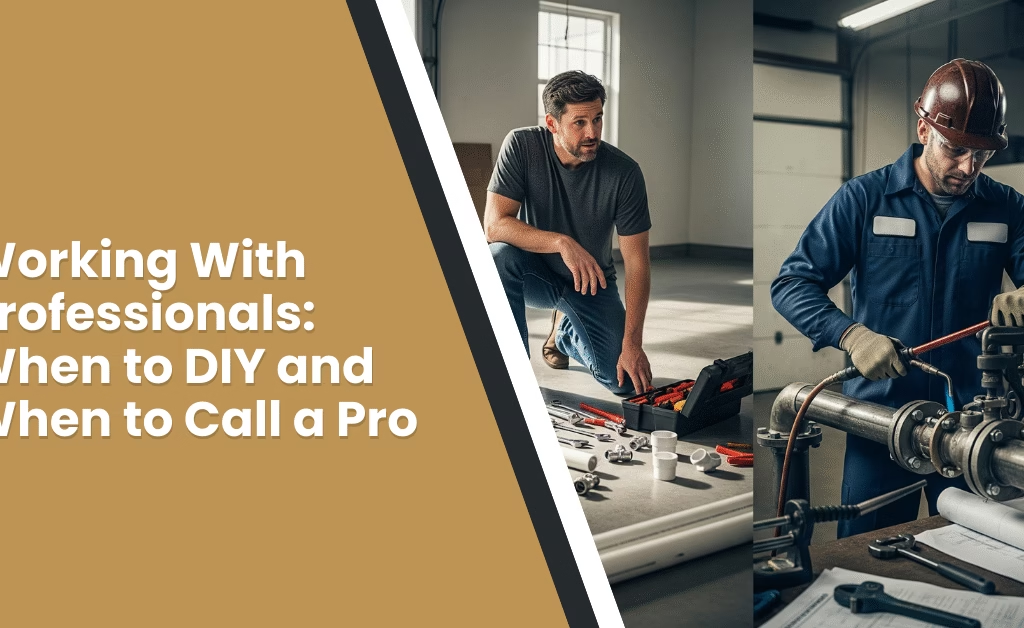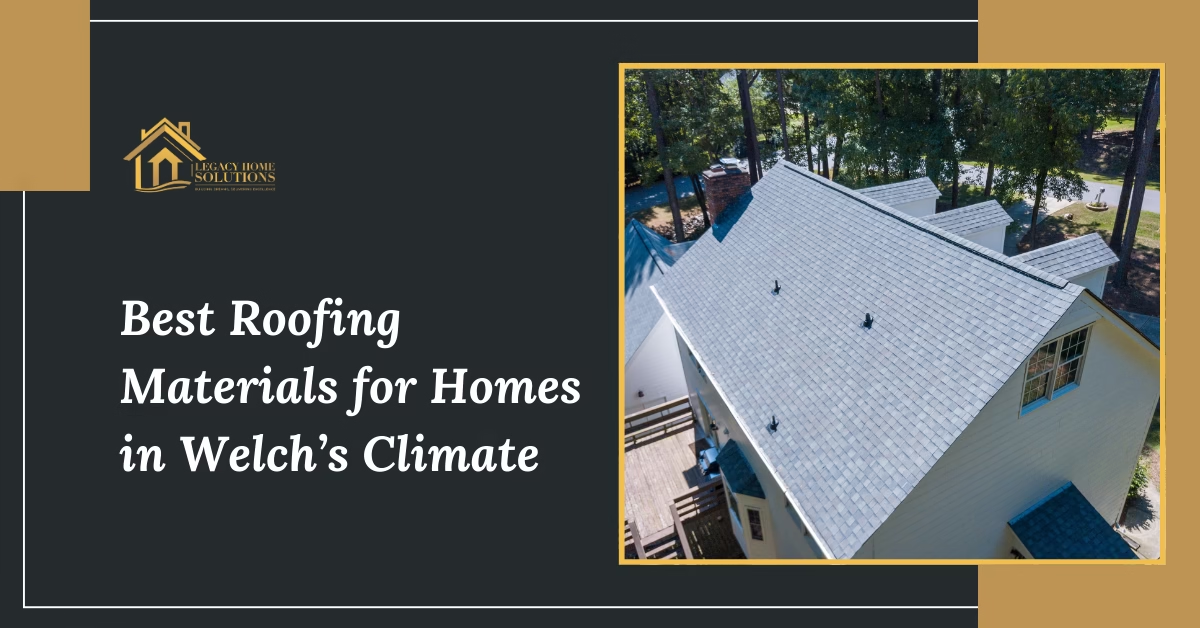Imagine this: You’ve just completed your dream garage remodel or built a shop where you plan to spend countless hours working on projects, hobbies, or even running a side business.
Everything seems perfect—except for one glaring omission: there’s no plumbing. You’re out there washing your hands in a basin inside the house, carrying buckets back and forth, or struggling with a makeshift setup that just doesn’t cut it. Frustrating, right? That’s the problem many people face when they overlook garage plumbing or shop plumbing installation until the last minute.
If you’re thinking about adding plumbing to your garage or shop, this guide will walk you through everything you need to know. From the practicalities of water lines in garage spaces to the financial and legal details of shop plumbing installation, you’ll get a clear picture of what’s involved, so you can avoid the headaches and make informed decisions from the start.
Why Consider Garage Plumbing?
Adding plumbing to a garage or shop is more than just a convenience; it transforms the space. But why go through all that trouble? Let’s dig into why garage plumbing matters.
Functionality and Convenience
Whether you’re using your garage for car repairs, gardening, or running a small business, having running water makes life easier. Imagine cleaning paintbrushes without trekking inside or washing your hands after a greasy job without carrying buckets of water.
Water lines in the garage allow you to install sinks, utility washers, or even a bathroom if your local codes allow it. That convenience can save you time and frustration.
Property Value Boost
Thinking ahead about shop plumbing installation isn’t just about you—it can boost your property’s resale value. Potential buyers see a fully equipped garage or shop with plumbing as a huge plus.
It signals versatility and readiness for multiple uses, whether as a workspace or even a separate living area. If you want to get a good return on your garage remodel cost, plumbing is often worth the investment.
Planning Your Shop Plumbing Installation
Now that we’ve established why plumbing matters, let’s get into the nitty-gritty of planning your shop plumbing installation. It’s not as simple as calling a plumber and saying, “Put water here.” You’ll need to think through several critical factors.
1. Location of Water Lines in Garage
Where you put your water lines in garage spaces can make or break your setup. You don’t want to run plumbing all over the place without a plan—that’s costly and a recipe for future headaches.
Consider the following when planning:
- Access to Main Water Supply: How close is your garage or shop to your home’s main water line? The further away, the more expensive and complex the installation.
- Drainage Options: Can you tie into existing sewer lines or septic systems? Proper drainage is crucial to avoid backups and leaks.
- Potential Usage: Will you have just a utility sink, or are you planning a full bathroom or laundry hookup? The complexity increases with usage.
2. Permits and Codes Matter
Shop plumbing installation isn’t something to wing. Local building codes and permits are there for a reason—to keep you safe and your plumbing functional for years to come.
Always check with your local permitting office before starting. A permit might require:
- Inspections during and after installation
- Compliance with plumbing codes
- Restrictions on certain fixtures or drainage methods
Ignoring this step can lead to costly fines or the need to redo work later.
3. Choosing the Right Materials
Pipe materials matter a lot when it comes to garage plumbing. You want durability and reliability without breaking the bank.
- PEX Tubing: Flexible and easier to install, great for water lines in garage settings.
- Copper Pipes: Long-lasting but more expensive; ideal if you want a traditional, sturdy setup.
- PVC: Usually for drainage, not for water supply lines.
Choosing the right material impacts the lifespan and maintenance needs of your plumbing.
Budgeting for Garage Plumbing
If you’ve researched garage remodel costs, you know that plumbing can be one of the pricier parts of the job. Why? Because it often involves digging, tying into existing systems, and skilled labor.
Costs to Consider:
- Labor: Plumbers charge by the hour or by project. Expect to pay more if your garage is far from your home’s main lines.
- Materials: Pipes, fixtures, valves, and connectors add up.
- Permits: Always budget for permit fees.
- Unexpected Issues: Older homes might have hidden problems requiring additional fixes.
You don’t want to skimp here. Plumbing mistakes lead to leaks, water damage, and expensive repairs.
Common Garage Plumbing Options
What exactly can you add when you do a shop plumbing installation? The options depend on your needs, but here are the most popular ones:
Utility Sink
The MVP of garage plumbing. Perfect for messy jobs, cleaning tools, or washing up after working on the car. A utility sink is often the first plumbing fixture people add.
Washer Hookup
If you use your garage for more than just tools—maybe as a laundry or craft space—adding water lines in the garage for a washer is smart.
Bathroom Facilities
Some people want a full or half bath in their shop or garage. This is more complicated but adds major convenience and value.
Outdoor Hose Connections
Not plumbing inside the garage, but connecting outdoor water lines nearby can expand your options for gardening, cleaning, or car washing.
Installation Challenges to Anticipate
Adding plumbing to a garage or shop isn’t always smooth sailing. Here are some challenges you might face:
Freezing Pipes
If your garage isn’t heated, water lines in the garage can freeze in winter, causing bursts and damage. Insulation or heat tape can prevent this.
Space Constraints
Garages often don’t have the space for large plumbing systems or complex drainage. Planning helps maximize efficiency.
Electrical and Plumbing Coordination
If your garage remodel involves electrical work too, coordination is key. You don’t want plumbing pipes and electrical wiring to interfere with or cause safety hazards.
Working With Professionals:
When to DIY and When to Call a Pro

We get it—some people love a good DIY challenge. But when it comes to garage plumbing, there’s a point where you should call in the pros.
What You Can Do Yourself
- Planning and layout
- Selecting fixtures and materials
- Basic assembly if you have skills
What Needs a Pro
- Tying into the main water and sewer lines
- Handling permits and inspections
- Complex drainage installation
- Fixing leaks or replacing major pipes
Remember, improper shop plumbing installation can lead to serious damage and costs. Sometimes paying for professional work saves money long-term.
Maintenance Tips for Garage Plumbing
Once your plumbing is in place, keeping it in good shape matters. Here’s how to avoid surprises:
- Regularly check for leaks: Even small drips waste water and damage structures.
- Insulate pipes: Protect against freezing, especially in unheated garages.
- Clear drains: Avoid clogs that can back up into your workspace.
- Schedule inspections: Have a plumber look over your system every few years.
Good maintenance means your plumbing stays functional for decades.
How Plumbing Impacts Your Garage Remodel Cost
You’re probably wondering, how much will plumbing add to your budget? While prices vary widely, here’s a rough breakdown:
- Simple utility sink hookup: $500–$1,500
- Washer hookup: $1,000–$2,000
- Full bathroom installation: $5,000 and up
This cost depends on how far you are from existing plumbing, complexity, and local labor rates. Always get multiple quotes and plan accordingly. A well-planned shop plumbing installation can be a smart investment, not just an expense.
Final Thoughts
Adding plumbing to your garage or shop isn’t just a functional upgrade—it changes how you use and enjoy your space. From simple utility sinks to full bathrooms, plumbing can turn a bare-bones garage into a true extension of your home or business.
Thinking through water lines in the garage, budget, permits, and maintenance ensures your project goes smoothly and lasts for years. If you’re ready to start or want to learn more about your garage remodel cost and how to handle plumbing with your next project, we’re here to help.
At Legacy Home Solutions, we guide you through every step of commercial construction and home improvement, making sure your garage or shop fits your lifestyle perfectly. Plumbing included.
Ready to get your hands wet? Contact us today to discuss your garage plumbing or shop plumbing installation needs.
FAQs
1. Can I add hot and cold water lines to my garage plumbing system?
Yes, you can run both hot and cold water lines in a garage, but you’ll need a water heater or connection to your home’s existing system for hot water.
2. Do I need to slope garage floors if I’m adding plumbing?
It’s recommended, especially near floor drains. A slight slope helps prevent water from pooling and assists with proper drainage.
3. Can garage plumbing be connected to a gray water recycling system?
Yes, in some areas, gray water systems can be installed to reuse water from sinks or washers, but it depends on local plumbing codes.
4. Is it possible to install plumbing in a detached garage or shop?
Absolutely. It may cost more due to longer pipe runs and trenching, but detached garage plumbing is common and doable with proper planning.
5. What are the risks of not venting garage plumbing properly?
Improper venting can lead to slow drains, foul odors, or even sewer gas entering the garage. Venting is critical for safety and functionality.




